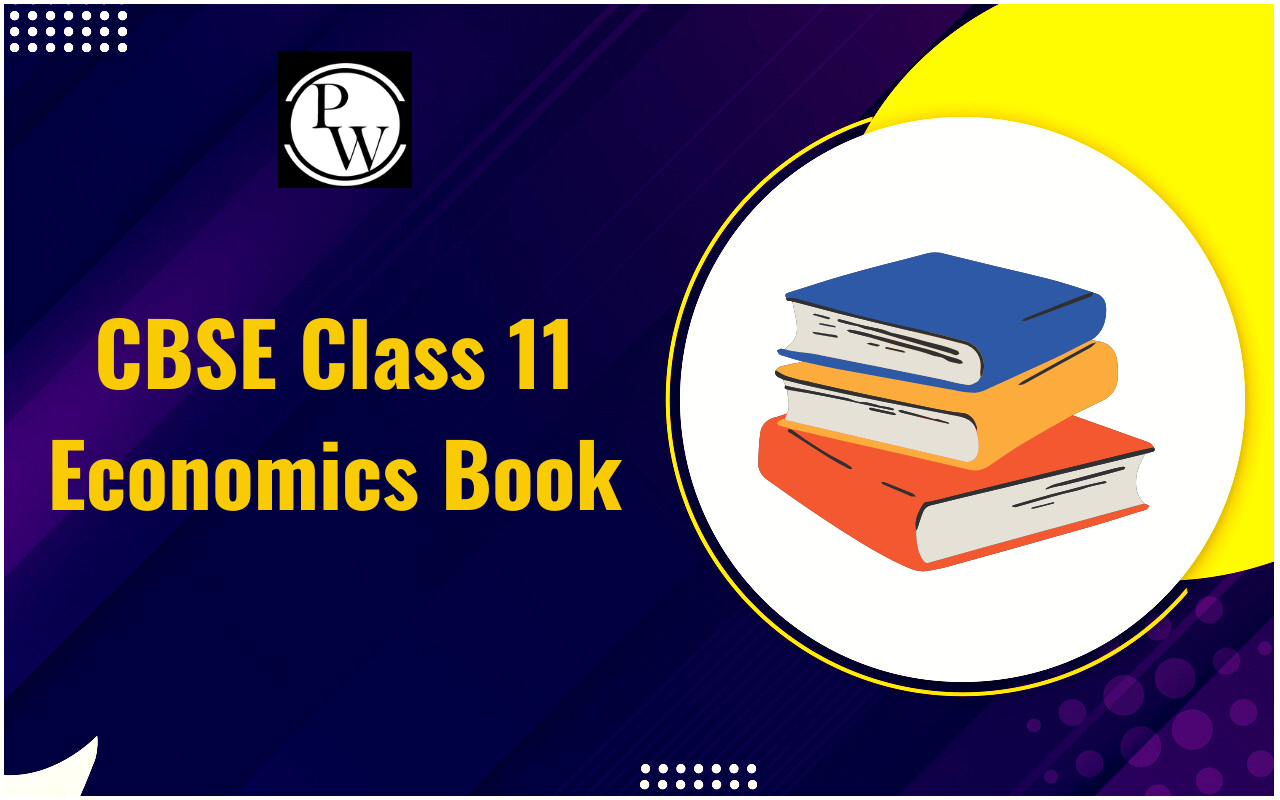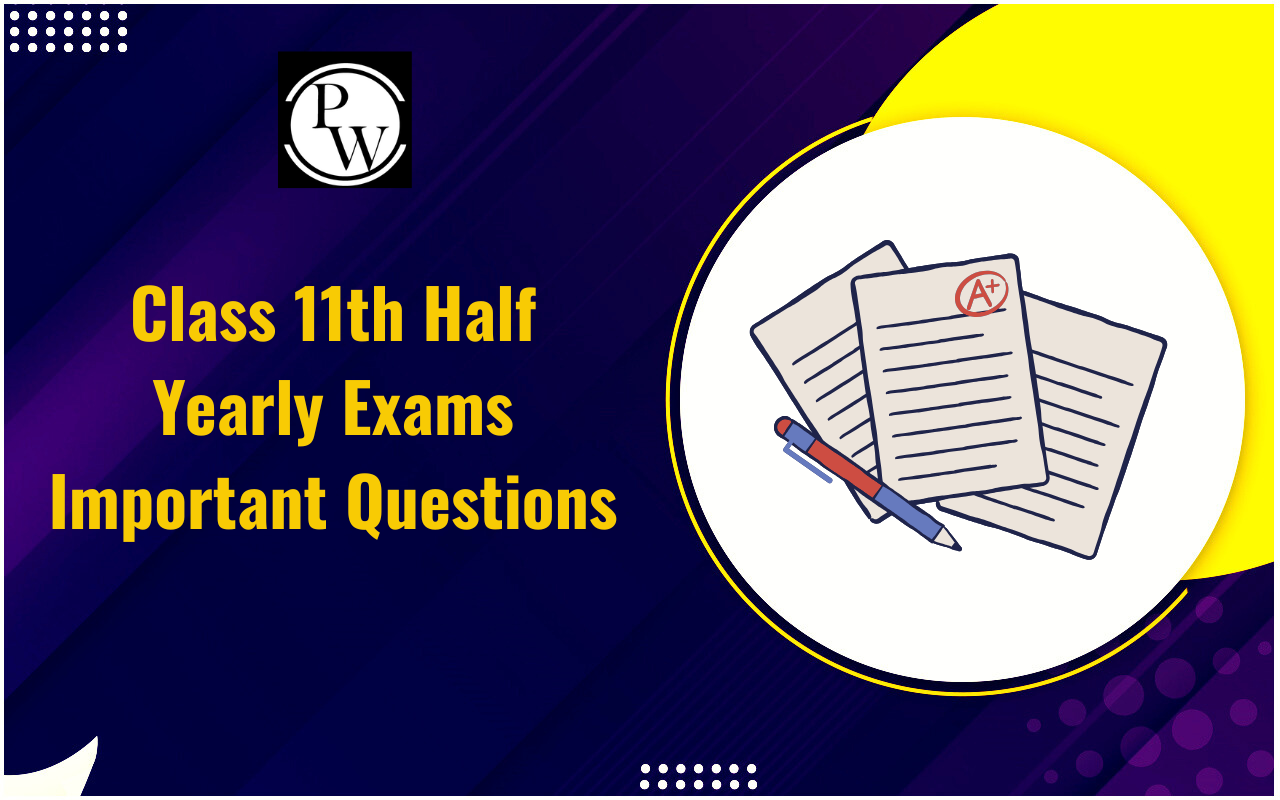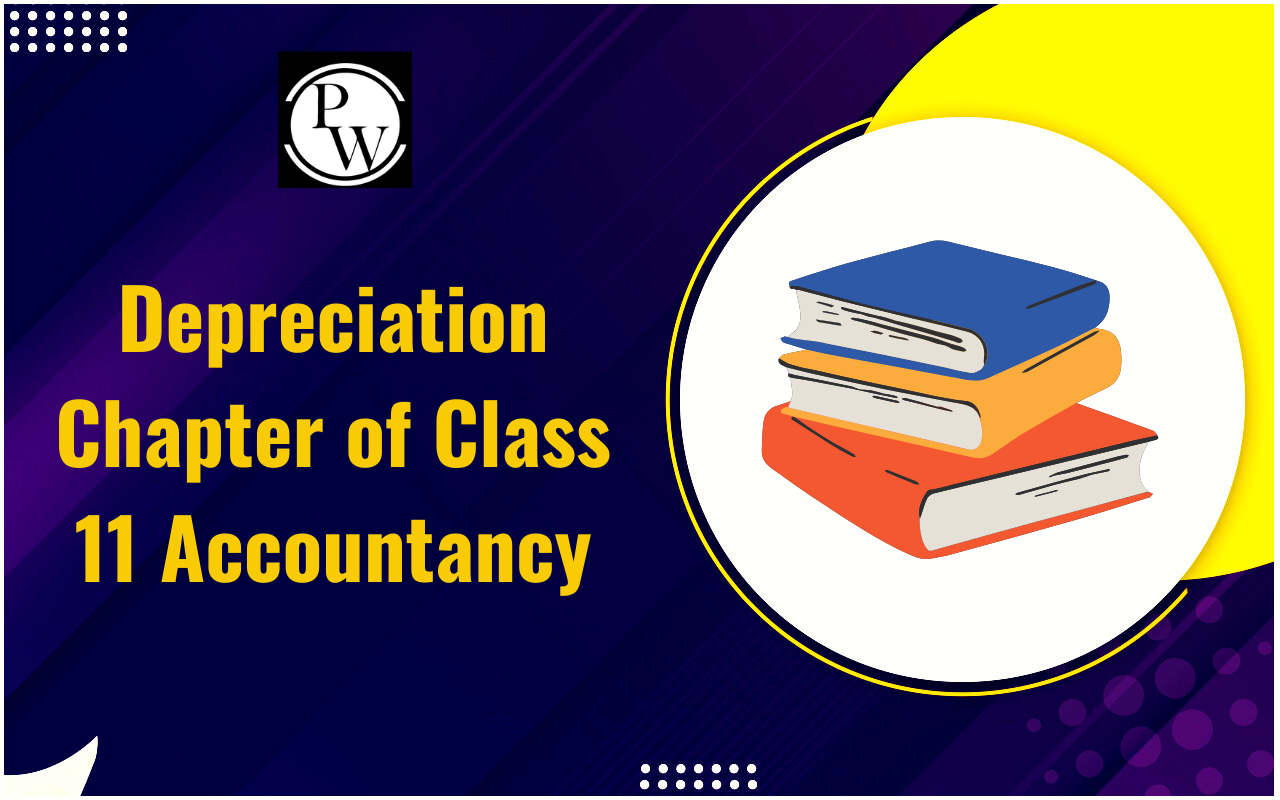
lass 11 Business Services: Business today does not run only on producing and selling goods. It also needs services to make work smooth and simple. Services help businesses save time, reduce risks, and stay connected. They also support customers in many ways. In Class 11 Business Services, students learn about these services in detail. This chapter of Class 11 Business Studies explains banking, insurance, and communication services. These three services are important for every business. The topic also explains the nature of services and why they are different from goods. Understanding Class 11 Business Services helps students know how businesses work in real life. It makes them aware of the role of services in daily life and the economy.
What are Class 11 Business Services?
Class 11 Business Services are activities that support trade, industry, and commerce. They are not physical products but help in smooth operations. For example, banks provide money services, insurance gives protection, and communication keeps people connected.
In this chapter, students learn about three main services:
- Banking services
- Insurance services
- Communication services
What is Service?
Before learning business services, it is important to know what a service means. A service is an activity that satisfies the needs of people or businesses. Unlike goods, a service cannot be touched, stored, or seen. For example, using a bank account, getting health insurance, or sending a letter are all services.
Below, we’ve mentioned the features of services:
Intangibility: Services cannot be touched, smelled, or seen. They can only be experienced. For example, using an ATM or consulting a doctor.
Inconsistency: Services vary from person to person and from situation to situation. Two customers may not receive the same experience.
Inseparability: Services are produced and consumed at the same time. For example, while getting a haircut, production and consumption happen together.
Inventory Loss: Services cannot be stored for future use. If a seat in an airplane is not used, the service is lost.
Customer Involvement: Customers play an active role in services. Their participation affects the outcome, such as in online shopping or classroom teaching.
Types of Business Services
Business services can be divided into different categories depending on the needs of the business. In Class 11 Business Services, five types of services are introduced. They include:
-
Banking Services: These deal with money, deposits, and loans.
-
Insurance Services: These provide protection against different types of risks.
-
Communication Services: These make it possible for people to exchange information.
-
Transportation Services: These help in the movement of goods and people from one place to another.
-
Warehousing Services: These provide safe storage of goods until they are needed.
Banking Services
Banking refers to the process of accepting money from people in the form of deposits and giving it to others as loans. Banks also provide many other services that make business transactions safe and reliable. In simple words, banks act as a link between those who have extra money and those who need money for different purposes.
Functions of Banking
- Accepting deposits from the public.
- Lending money in the form of loans and advances.
- Facilitating payments and remittances.
- Providing safe custody of valuables.
Types of Banks
Below, we’ve mentioned the types of banks:
- Central Bank: The main bank of a country, e.g., the Reserve Bank of India.
- Commercial Banks: Banks providing services to the public and businesses.
- Cooperative Banks: Banks owned by members, mainly serving rural areas.
- Specialized Banks: Banks focusing on specific areas like export-import or agriculture.
Types of Bank Accounts
Below, we’ve mentioned the types of bank accounts:
- Savings Account: For individuals to save money and earn interest.
- Current Account: For businesses with frequent transactions.
- Fixed Deposit Account: Deposits kept for a fixed period with higher interest.
- Recurring Deposit Account: Deposits made regularly in fixed amounts.
- Multiple Option Account: A flexible account combining features of different accounts.
Banking Facilities
Below, we’ve mentioned the facilities of banks that provide:
- Overdraft and Cash Credit for short-term finance.
- Bank Drafts and Cheques for secure payments.
- Digital Banking (Net Banking, Mobile Banking, UPI, ATM, etc.) for convenience and speed.
Insurance Services
Insurance is a service that provides financial protection against risks. In this arrangement, one party, known as the insured, pays a regular premium to another party called the insurer. In return, the insurer promises to cover certain losses in case of an unexpected event. Insurance reduces uncertainty and gives peace of mind to businesses and individuals.
Principles of Insurance
Utmost Good Faith: Both parties must share all necessary information truthfully.
Insurable Interest: The insured must have a financial interest in the subject matter.
Indemnity: The insured is compensated only for actual loss.
Subrogation: The insurer takes the legal rights of the insured after compensation.
Proximate Cause: The cause of loss should be closely related to the risk insured.
Contribution: If insured with multiple insurers, each shares the loss.
Mitigation of Loss: The insured must take steps to minimize the loss.
Types of Insurance
-
Life Insurance: Covers human life, with policies like whole life, term life, and endowment policies.
-
General Insurance: Covers property, goods, or liabilities, including:
-
Fire Insurance: Protects against fire damage.
-
Marine Insurance: Covers loss during sea transport.
-
Other Insurance: Includes health, motor, and travel insurance.
Communication Services
Communication is the lifeline of every business. Without communication, no business activity can take place. Communication services make it possible for businesses to interact with customers, suppliers, employees, and government authorities. They remove the barrier of distance and make decision-making faster.
Types of Communication Services
The Class 11 Business Services chapter explains two main types of communication services, postal and telecom.
- Postal Services include letters, parcels, registered post, money orders, and speed post. They provide reliable and low-cost communication options.
- Telecom Services include mobile phones, internet, fixed-line telephones, radio paging, cable services, direct-to-home broadcasting, and satellite services. These services are faster and more advanced compared to postal services.
Importance of Communication
Communication is important because it helps in the coordination of different business activities, builds strong relations with customers and suppliers, increases the speed of decision-making, and reduces misunderstandings. In the modern world, telecom services such as mobile internet and digital platforms have made communication more efficient and affordable.
The chapter on Class 11 Business Services is an important part of Business Studies. It explains the meaning and features of services, their different types, and the importance of banking, insurance, and communication in business. These services reduce risks, make financial activities easier, and connect businesses with their customers.
For students, this chapter is useful not only for exams but also for understanding real life. They come across these services daily, whether by opening a bank account, buying an insurance policy, or using mobile phones to communicate. Learning about these services makes them aware of their importance and helps them make better financial and business decisions in the future.
| Also, Check | |
| Class 11 Business Studies | Class 11 Accountancy |
| Class 11 Economics | Class 11 Applied Maths |
Class 11 Business Services FAQs
What are Business Services in Class 11?
How are services different from goods?
What are the main types of Business Services?
Why is insurance important in business services?










